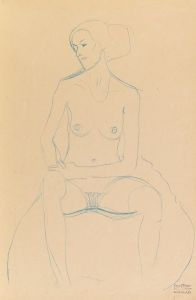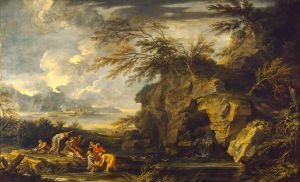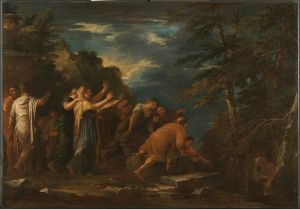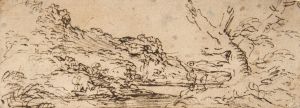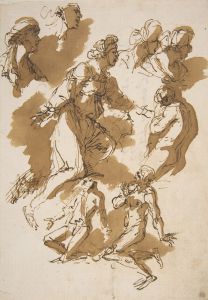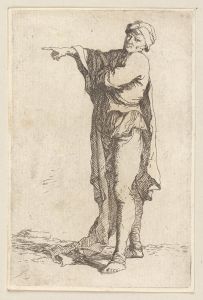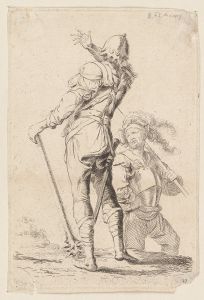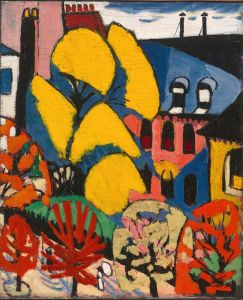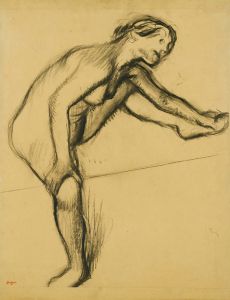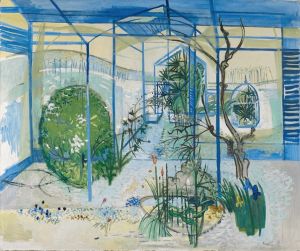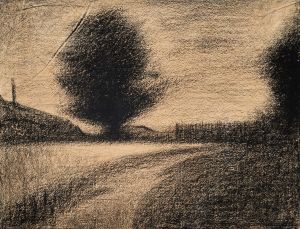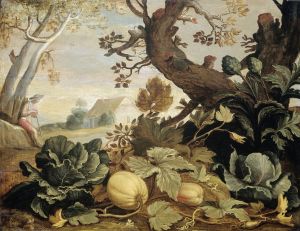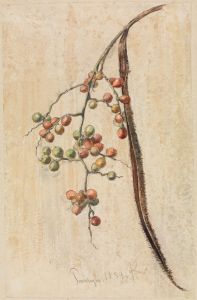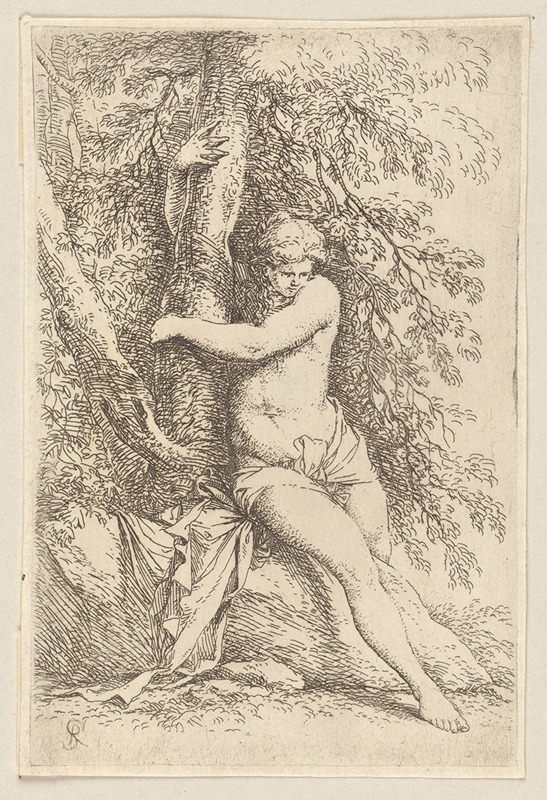
Nude, Seated, Holding Onto a Tree
A hand-painted replica of Salvator Rosa’s masterpiece Nude, Seated, Holding Onto a Tree, meticulously crafted by professional artists to capture the true essence of the original. Each piece is created with museum-quality canvas and rare mineral pigments, carefully painted by experienced artists with delicate brushstrokes and rich, layered colors to perfectly recreate the texture of the original artwork. Unlike machine-printed reproductions, this hand-painted version brings the painting to life, infused with the artist’s emotions and skill in every stroke. Whether for personal collection or home decoration, it instantly elevates the artistic atmosphere of any space.
Salvator Rosa (1615–1673) was an Italian Baroque painter, poet, and printmaker known for his unorthodox and often dramatic style. His works often depicted wild landscapes, historical scenes, and allegorical subjects. One of his lesser-known works is "Nude, Seated, Holding Onto a Tree." While information specifically about this painting is limited, it can be contextualized within Rosa's broader oeuvre and the artistic environment of his time.
Salvator Rosa was born in Arenella, near Naples, and was initially trained in the arts by his uncle. He later moved to Rome, where he became associated with a circle of artists and intellectuals who were interested in challenging the conventions of the time. Rosa's work often reflected a rebellious spirit, characterized by a preference for dramatic, often melancholic themes, and a penchant for depicting the untamed aspects of nature.
"Nude, Seated, Holding Onto a Tree" exemplifies Rosa's interest in the human form and the natural world. Although specific details about the painting's creation, provenance, and current location are not well-documented, it can be inferred that the work aligns with Rosa's fascination with the interplay between humanity and nature. The painting likely features a solitary nude figure, a common subject in art that allows for the exploration of human vulnerability and strength. The figure's interaction with a tree may symbolize a connection to nature, a theme prevalent in Rosa's work.
Rosa's paintings often carried a sense of drama and emotional intensity, achieved through his use of dark, moody palettes and dynamic compositions. His figures were frequently depicted in contemplative or introspective poses, suggesting a narrative or emotional depth beyond the immediate visual. This approach can be seen as a reflection of the Baroque era's broader artistic trends, which emphasized movement, contrast, and emotional engagement.
In addition to his visual art, Salvator Rosa was also a poet and satirist, known for his sharp wit and critical views on society and the art world. His multifaceted talents and interests often informed his paintings, imbuing them with layers of meaning and commentary. Rosa's works were not just visual experiences but also intellectual ones, inviting viewers to ponder the deeper implications of the scenes depicted.
Rosa's influence extended beyond his lifetime, impacting both his contemporaries and later generations of artists. His willingness to defy artistic norms and explore unconventional subjects earned him a reputation as a maverick in the art world. While "Nude, Seated, Holding Onto a Tree" may not be as widely recognized as some of his other works, it nonetheless contributes to the understanding of Rosa's artistic legacy.
In summary, while specific information about "Nude, Seated, Holding Onto a Tree" is scarce, the painting can be appreciated within the context of Salvator Rosa's broader body of work. It reflects his interest in the human condition, nature, and the dramatic interplay between the two, hallmarks of his distinctive style that continue to captivate audiences today.





